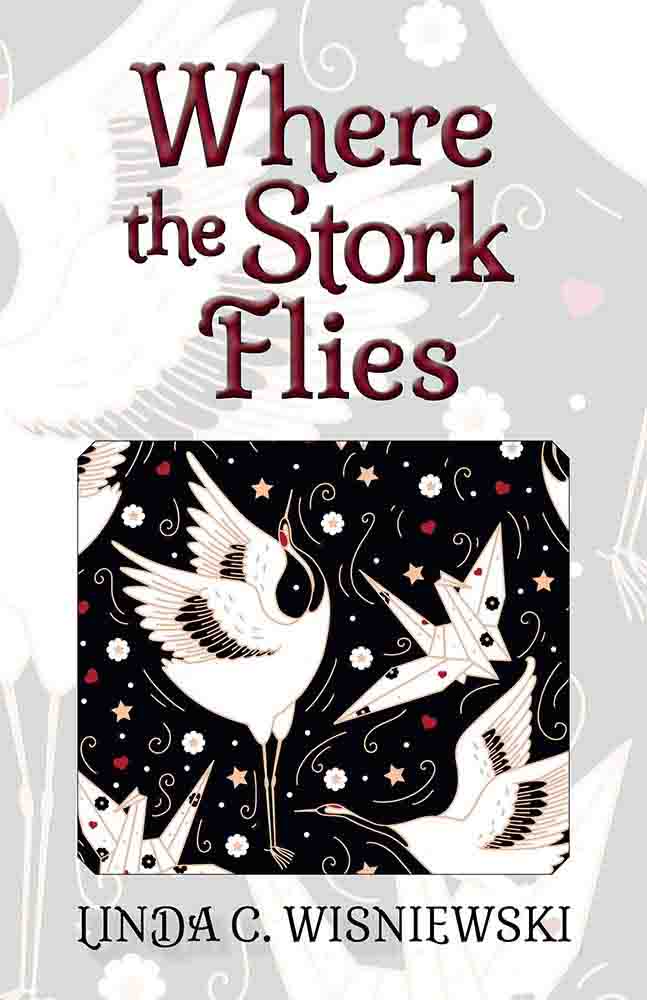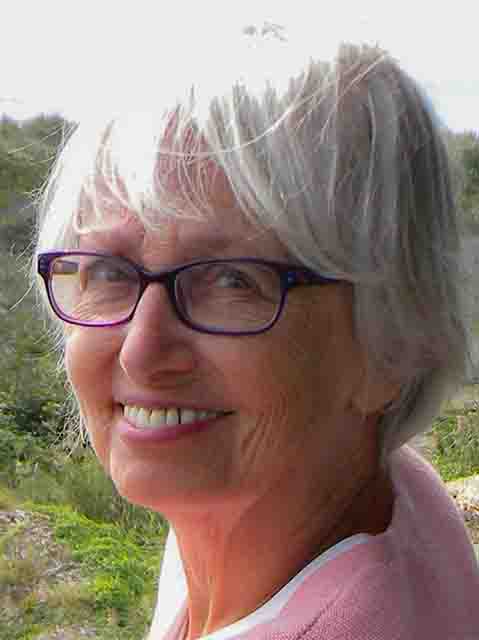We lifted our forks in unison the minute our waitress walked away.
“Smacznego!” I said with a grin. Facing puzzled looks from my girlfriends, I translated. “It means Bon appetit!”
“It sounds better in French,” said Andrea, looking down at her lunch.
That hurt, but only a little. My husband’s uncle said the Polish word for “Enjoy your meal” before every holiday dinner. It reminds me of him, a kind and gentle man I admired. Plus, I get a kick out of showing off the tongue-twisting quadrupled consonants of my ancestors’ language.
“Everything sounds better in French,” I said, to let Andrea know I was still one of her crew. And in hopes she’d still think so, too.
After we went our separate ways, Andrea’s remark bothered me like heartburn. Why did she judge one language against another? It wasn’t the first time I’ve felt dismissed, downplayed and discounted for being Polish American.
People struggled with my last name when I was single, refusing to attempt a pronunciation or apologizing before they even started. My married surname is no easier for them. One man even asked why I couldn’t marry someone named Jones or Smith. I think he was joking, but it stung. This was my ethnicity he was mocking.
In the past, people openly looked down on Eastern Europeans as illiterate peasants or refugees. My own mother certainly felt that way. Her parents were immigrants who spoke no English when they arrived here long ago. For Mom, the 1950s term DP (Displaced Person) meant ignorant and unstylish, wearing used or dated clothing. All four of my grandparents were immigrants and maybe refugees. There’s nothing wrong with being either of those things, but as folks get a leg up the ladder of American success, like my parent’s generation, it seems they don’t want to look back. When Mom disapproved of someone’s clothing style, she’d say “They look like a DP.”
Years later at a conference, a woman trying to befriend me said, “We know some Polacks.” I smiled and said nothing rather than explain the word was insulting to me. I used to laugh at “dumb Polack” jokes, trying hard to be a good sport. To not be “thin-skinned.” When in recent years, people began objecting to ethnic jokes, I spoke up for myself, but friends were indignant. “It’s just a joke,” they said, “we need to laugh at ourselves.”
My childhood neighborhood was “Polack Hill,” but I doubt the Polish immigrants who lived there used that name. My family and friends felt comfortable there, among our own kind. But step onto the high-end Market Hill and we knew we were misfits.
We learned Polish prayers and Christmas carols at school and heard some bits of Polish from our grandparents, but nobody tried to make us bilingual. English was our first and only language. Poland was the “Old Country” my grandparents spoke of with nostalgia. My parents, on the other hand, seemed embarrassed at being Polish except at weddings and church holidays, among family and friends. My sister and I were encouraged to date Polish boys, maybe because they would share our inferiority complex. But by then, it was too late. We’d met and befriended all kinds of kids and knew our parents were out of step with the times.
Ironically, later in life I married a man of Polish descent. We traveled to the Old Country where everyone looked like they could be our cousins. Upon our return, I showed my photos to a friend – colorful scarves, transparent pierogi dough, an outdoor museum, castles and cathedrals, roadside shrines and lush gardens and parks. She then brought me a “Polish puzzle,” involving folded paper and intended as a joke.

All these experiences led me to spend ten years researching Polish history and writing a woman-centered novel in which a modern woman time travels to 19th century Galicia to discover what is most important in life.
Where the Stork Flies uses gentle humor, but I will never mock anyone’s nationality. Humor can be appreciative and warm. My Italian friends laugh about the half-hour goodbye after a big family dinner. My Puerto Rican friend, who is sometimes late, says she’s on Puerto Rican time. Like them, I believe we can poke fun at ourselves without being negative.
I’m not a historian, and Where the Stork Flies is not historical fiction. Its Polish characters have human traits that get them into trouble, but not because they’re stupid. I want readers to identify with them and enjoy learning about their culture. And maybe come away with a new understanding of how stereotypes deprive us all.



